When Rap Battles Hit the Courtroom: A Legal Look at Drake vs Kendrick
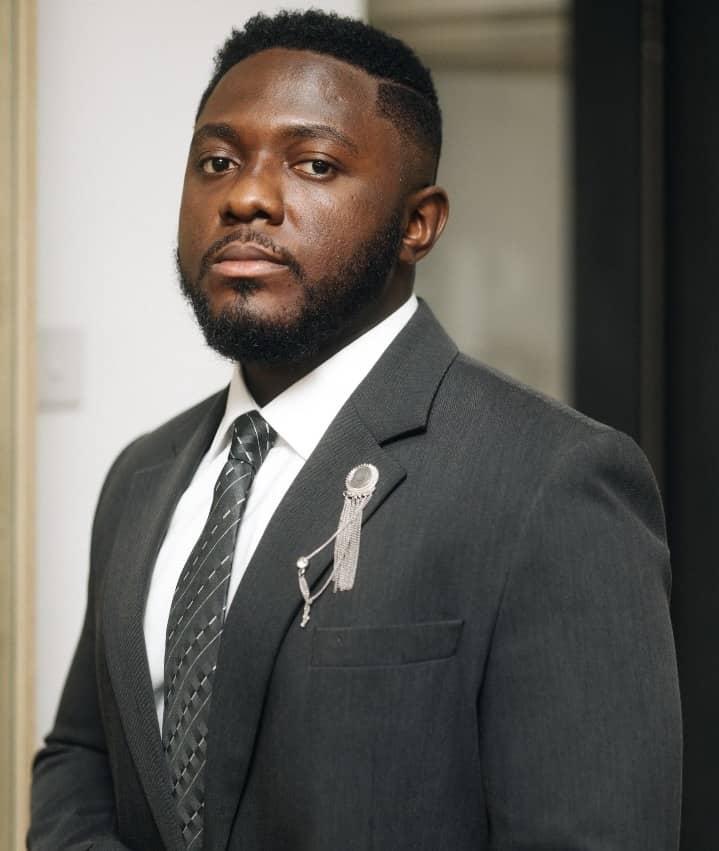
In a fascinating blend of music culture and legal accountability, legal writer David William Akuoko-Nyantakyi examines one of the biggest rap feuds in recent history, Drake vs Kendrick Lamar through the lens of defamation law.
In 2024, the two hip-hop giants exchanged a series of explosive diss tracks, igniting global debate both musically and culturally. The back-and-forth climaxed with Kendrick’s hit NOT LIKE US, a song that not only dominated charts but also sparked a legal fight when Drake sued Universal Music Publishing Group for defamation, claiming the lyrics portrayed him as a paedophile.
William’s article, written in an analytical yet accessible style, breaks down how the New York District Court evaluated the case. The ruling delivered in favour of Universal, found that diss tracks exist in a performative, exaggerated context, where listeners do not interpret the lyrics as factual allegations. In simple terms: rap battles are understood as entertainment, not journalism.
Beyond the courtroom, the article reflects on the cultural significance of the ruling and what it may mean for legal systems in countries like Ghana. It highlights a growing global recognition of hip-hop as an art form where sharp insults and lyrical warfare are expected not grounds for destroying reputations in court.
If you’re interested in how art, internet culture, and the law collide, this article is a must-read. It reminds us that even in the heat of rap battles, the line between reputation and expression is one the courts are still learning to navigate.
Read here:
Sign up for the 3Music Newsletter for breaking news, events, and unique stories.
MORE FROM
music
-
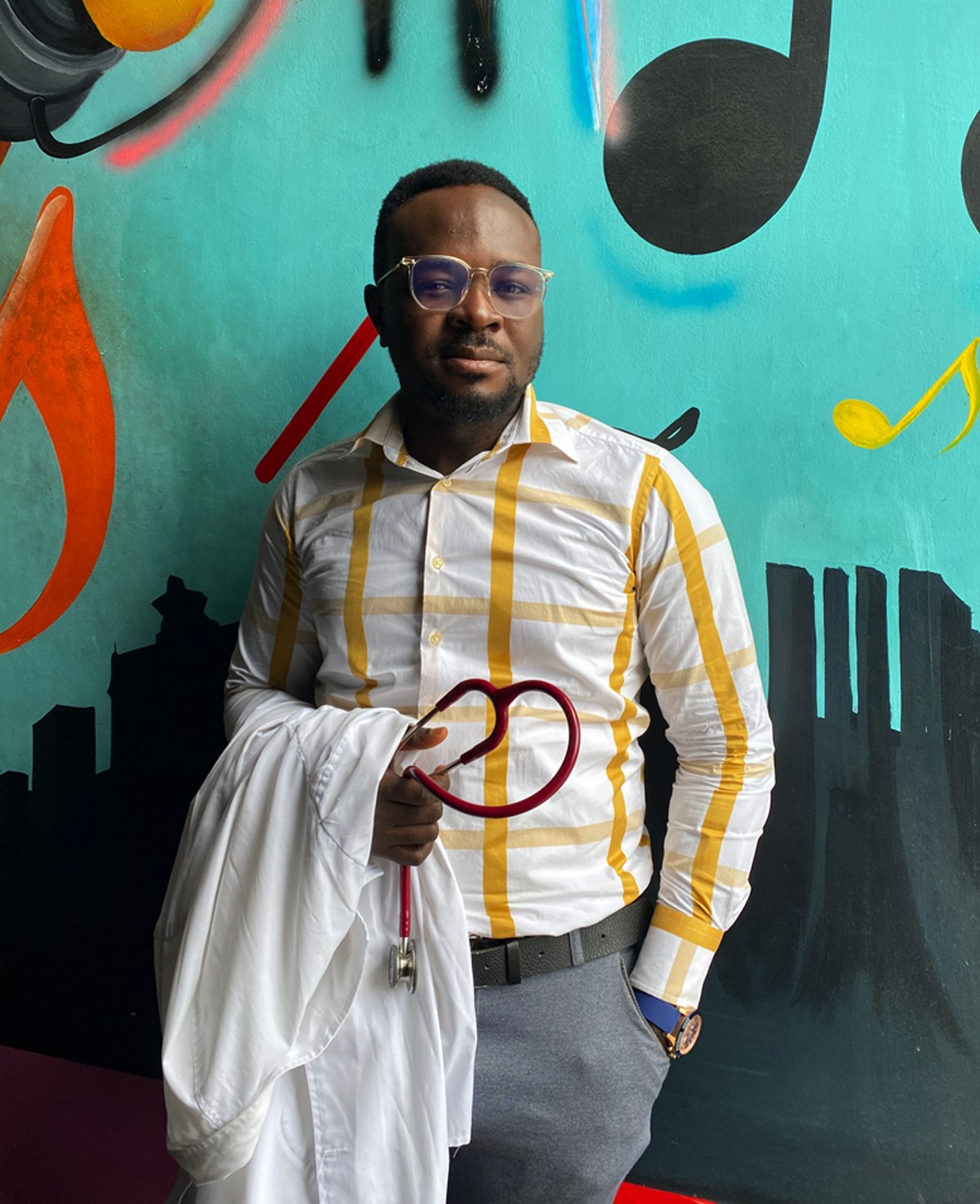
entertainment fashion & lifestyle culture
Dr Chris Aminarh Discusses The Importance Of Routine Health Screenings
By Christabel Newman
February 24th, 2026
-
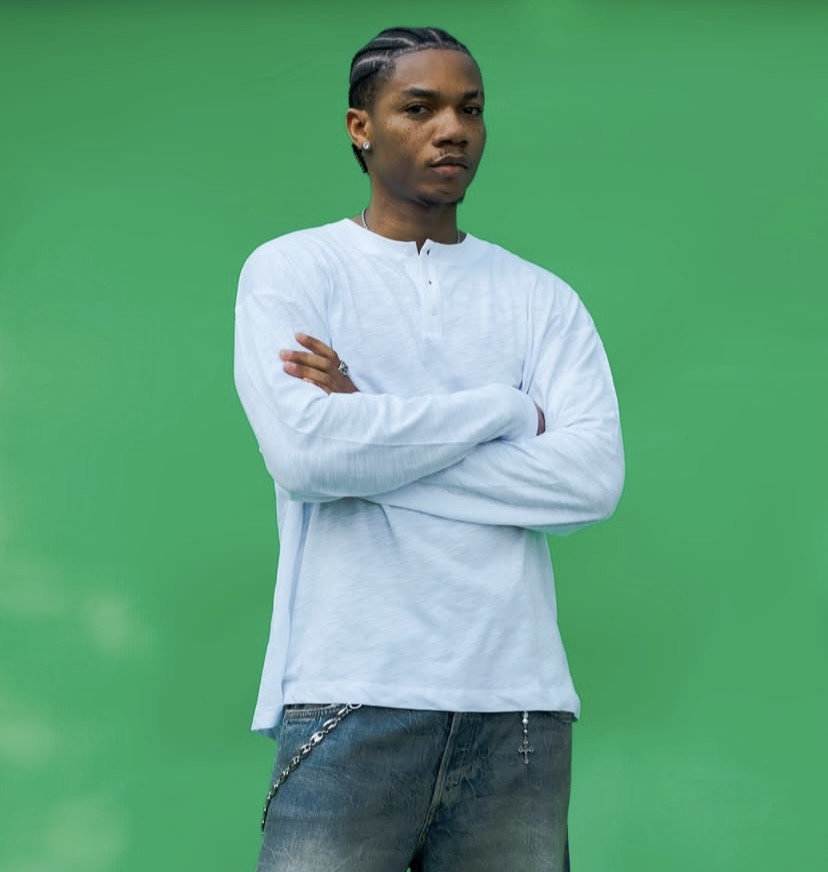
music entertainment culture
KiDi Announces BABYLON With Striking Visual Tease
By Christabel Newman
February 24th, 2026
-

culture
Government Restores Kotoka International Airport To Its Original Name
By Christabel Newman
February 24th, 2026
-
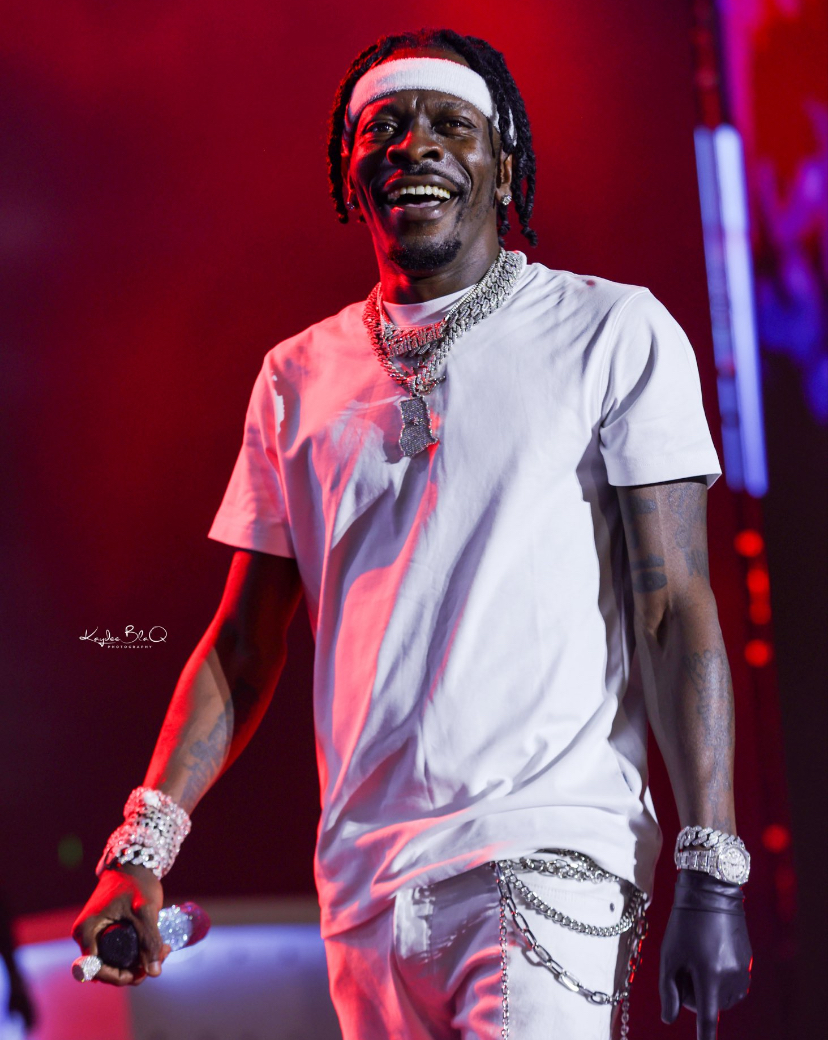
-
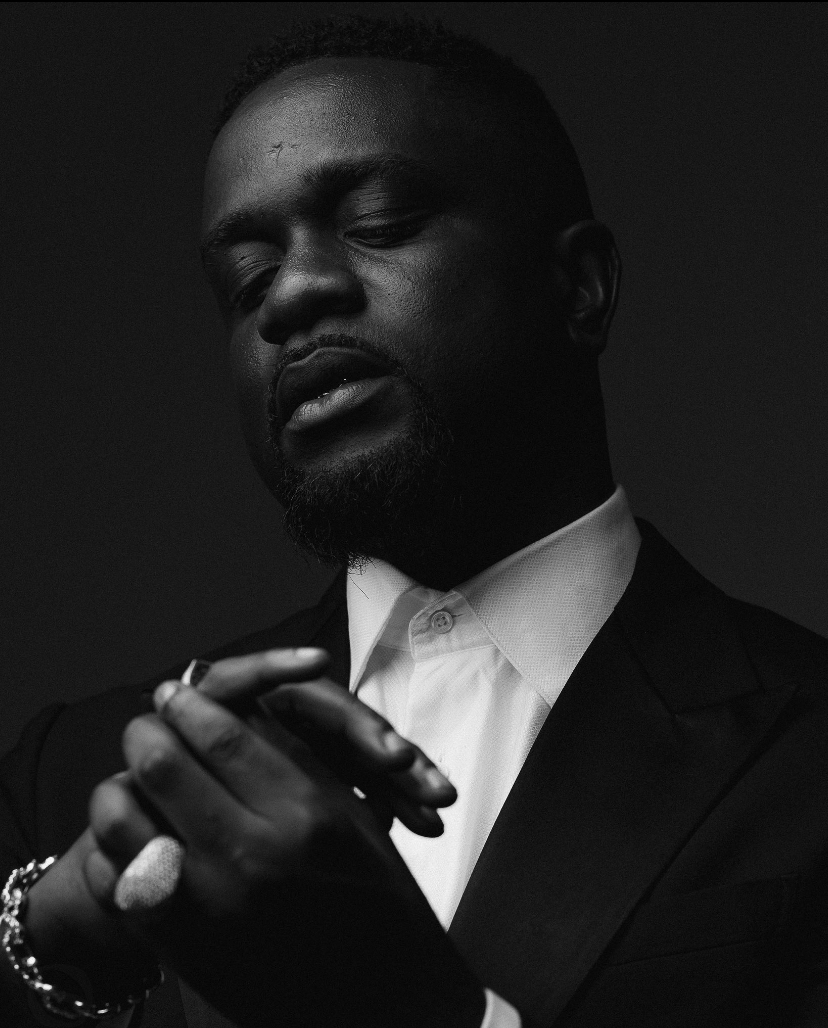
music entertainment culture
Sarkodie Teases Possible Birthday Album Drop
By Christabel Newman
February 24th, 2026
More From 3Music News
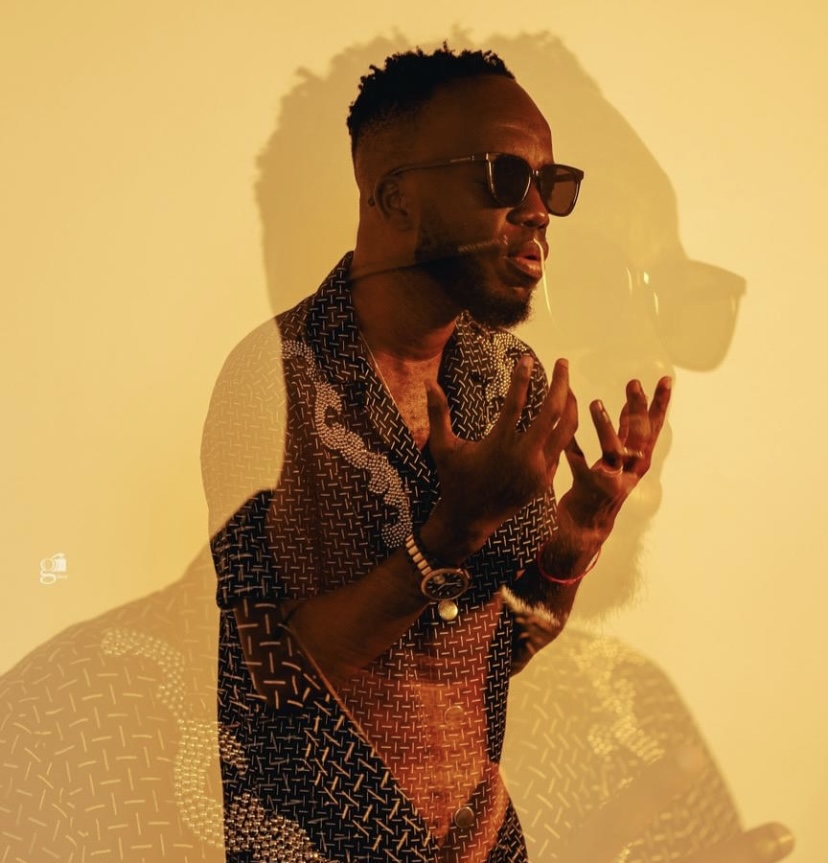
music | entertainment | fashion & lifestyle | culture | BY Christabel Newman | February 23rd, 2026
Akwaboah Celebrates Different SHADES OF LOVE
Love and live music filled the air in Accra yesterday as celebrated highlife singer and songwriter, Akwaboah hosted the 2026 edition of his annual SHADES OF LOVE concert...
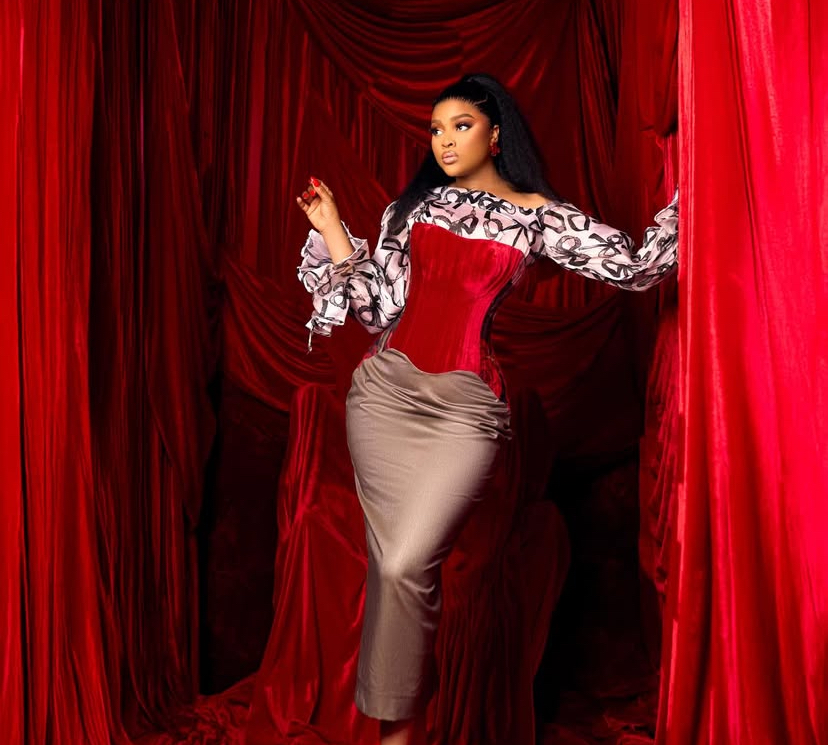
music | entertainment | fashion & lifestyle | BY Christabel Newman | February 23rd, 2026
Adina Thembi Announces Second Studio Album BECOMING
Ghanaian-South African vocalist, Adina, has officially revealed that her second studio album, BECOMING, is set for release in 2026 sparking excitement among her ever-growing fanbase...
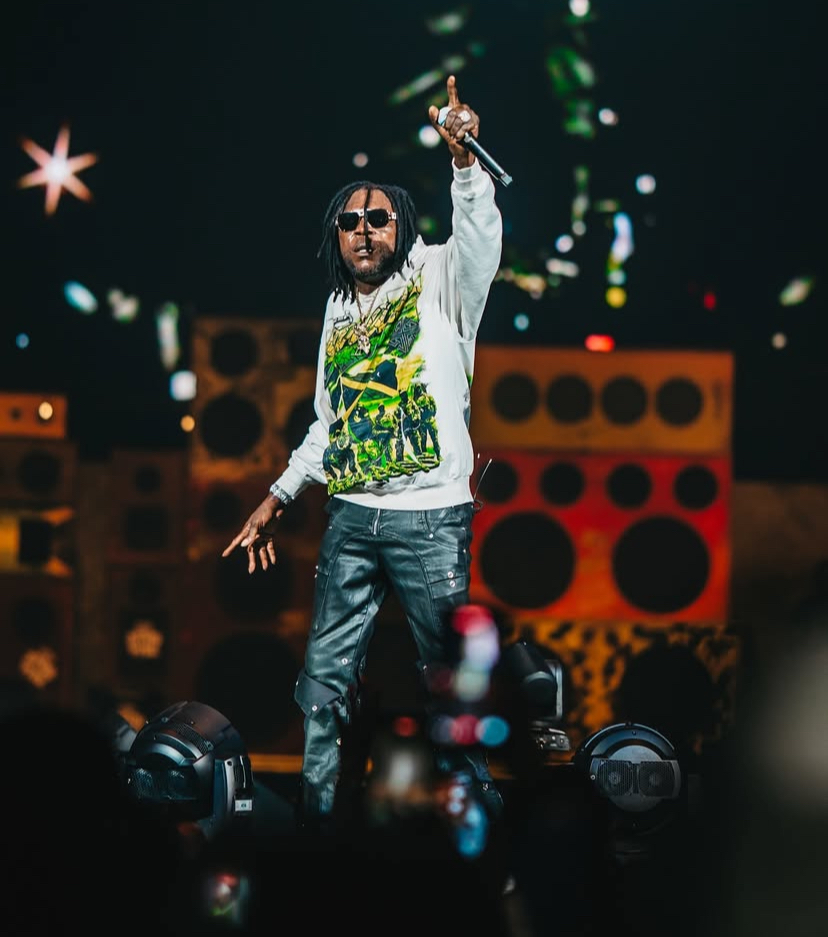
music | entertainment | culture | BY Christabel Newman | February 23rd, 2026
Vybz Kartel And Mavado Set To Reignite Iconic Rivalry In Malta
The two dancehall heavyweights will headline a three-day festival in Malta from September 10–13, 2026 in what is being billed as a historic reunion of the legendary Gaza vs. Gully rivalry…

music | entertainment | BY Christabel Newman | February 23rd, 2026
Philkeyz Defends Human Creativity, Says A.I Can’t Replace Real Musicians
Philkeyz spoke passionately about the power of intentional artistry and long-term vision in music. Reflecting on his collaborations with Kizz Daniel, Philkeyz described the process as seamless…

music | entertainment | BY Christabel Newman | February 23rd, 2026
“There Are Lots Of BeatMakers But Fewer Producers”- Philkeyz
“Sometimes the difference between one artiste and another is simply finance and the right people around them.”
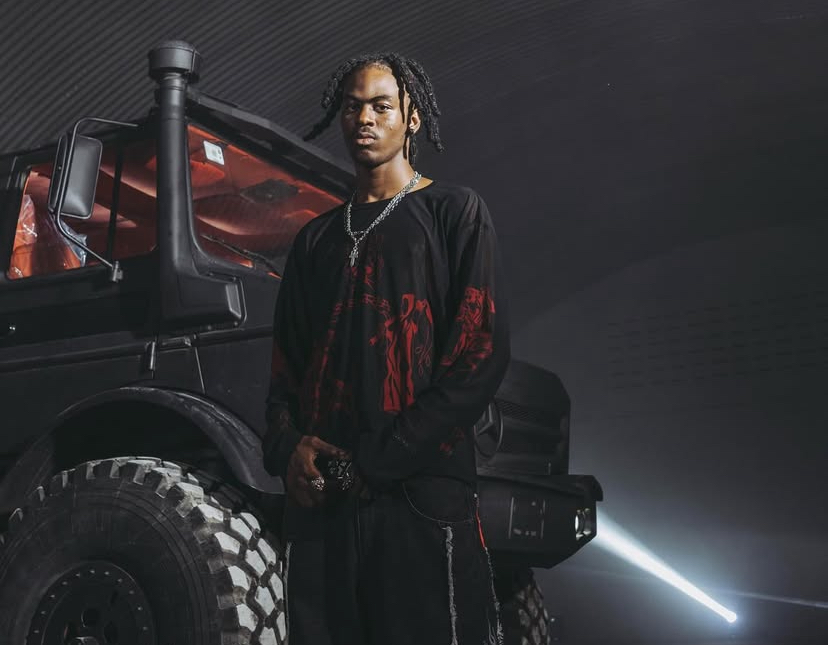
music | entertainment | culture | BY Christabel Newman | February 20th, 2026
AlorG Celebrates Brotherhood In New Visuals
Ghanaian artiste, AlorG, has unveiled the official music video for his latest single, MY BROTHERS, following the track’s earlier release this year...
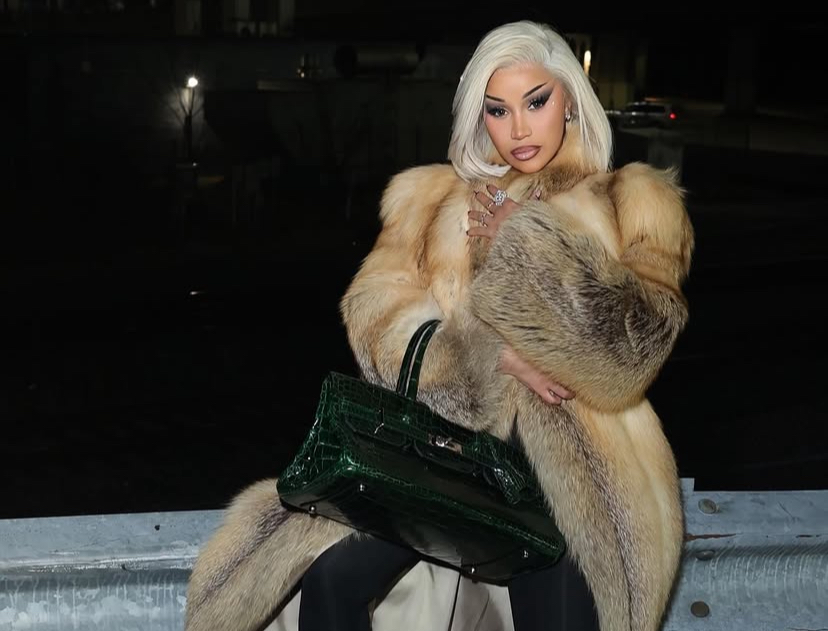
music | entertainment | fashion & lifestyle | culture | BY Christabel Newman | February 20th, 2026
Cardi B Surprises Los Angeles Crowd With Tyla Appearance
American rap superstar, Cardi B, delivered a major surprise during her sold-out LITTLE MISS DRAMA TOUR stop at the Kia Forum in Los Angeles, bringing out South African hitmaker Tyla as a special guest...
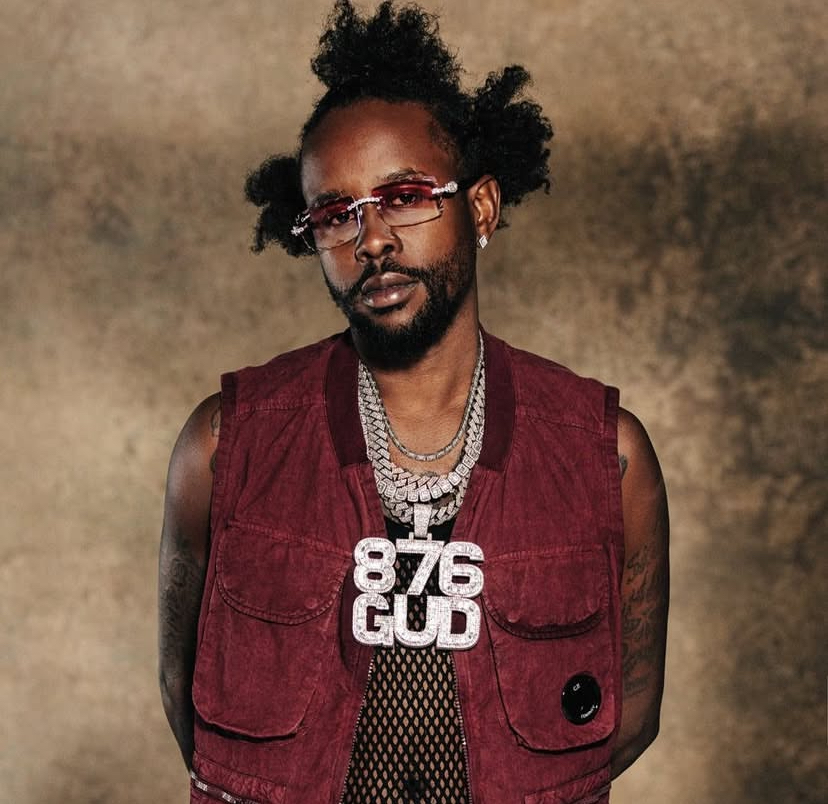
music | entertainment | culture | BY Christabel Newman | February 20th, 2026
Popcaan Enstooled As Chief In Asebu Traditional Area
Jamaican dancehall heavyweight, Popcaan, has been enstooled as a traditional chief in Ghana, strengthening the cultural bridge between the Caribbean and the African continent...
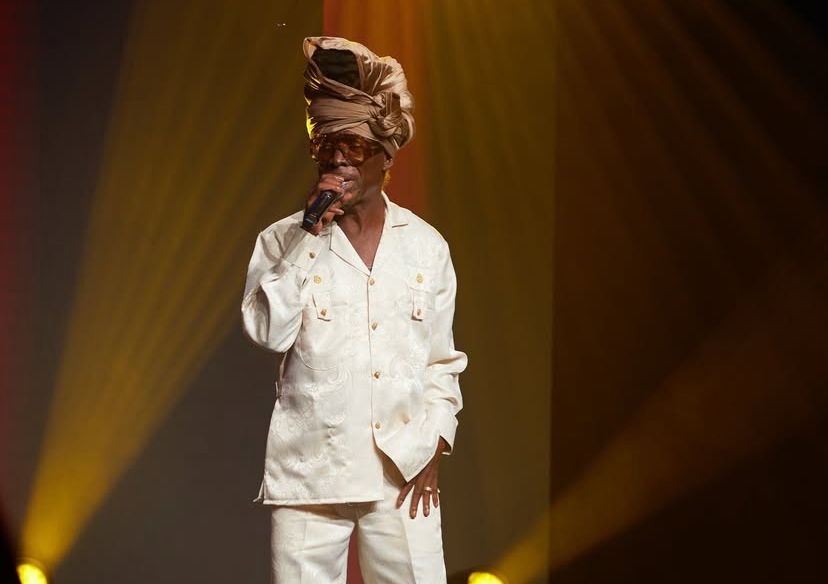
music | entertainment | culture | BY Christabel Newman | February 20th, 2026
Kojo Antwi Shares The Story Behind MR. MUSIC MAN
Ghanaian music legend Kojo Antwi, widely known as Mr Music Man, has officially unveiled his long-awaited memoir, MR. MUSIC MAN: THE JOURNEY…
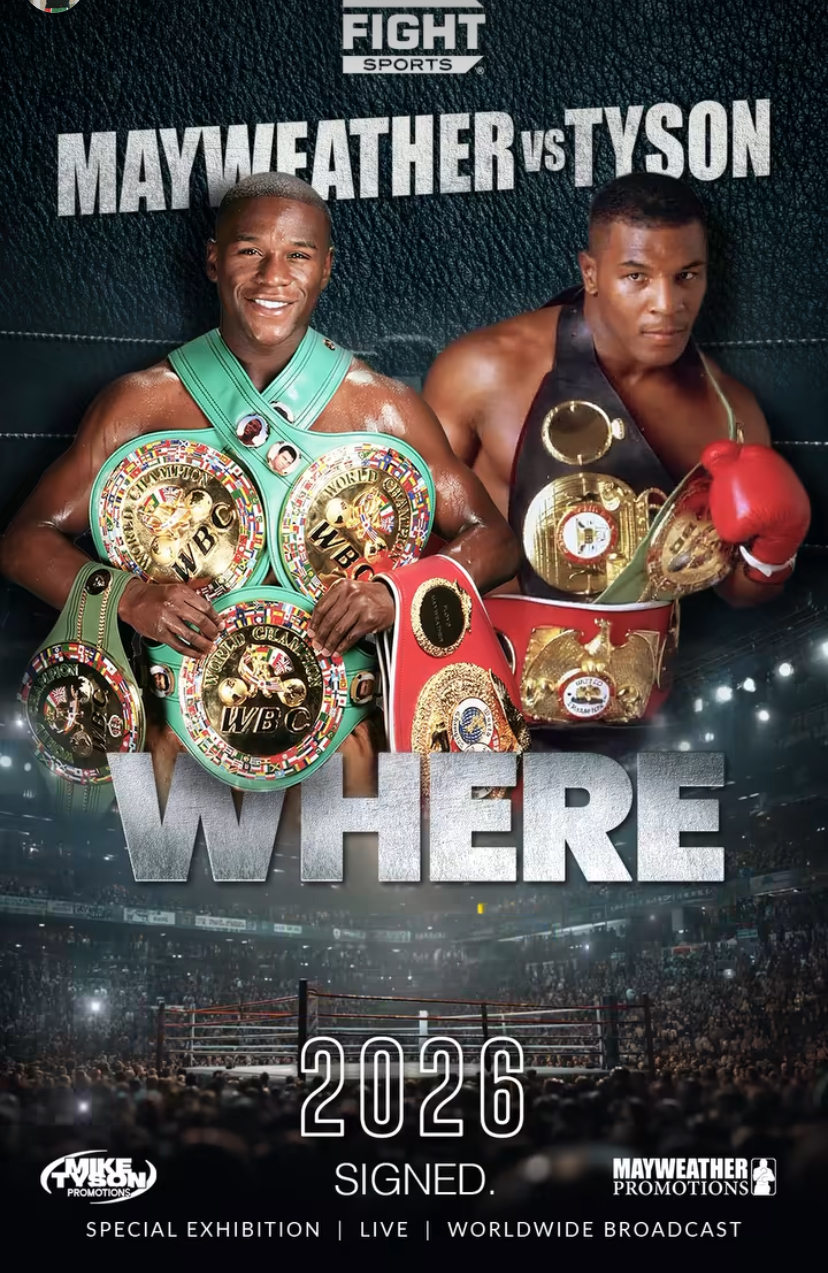
entertainment | sports | BY Christabel Newman | February 20th, 2026
Mayweather & Tyson To Clash In Congo Exhibition Showdown
Boxing legends, Mike Tyson and Floyd Mayweather Jr. are reportedly set to square off in a blockbuster exhibition bout on April 25, 2026, in the Democratic Republic of the Congo.

entertainment | fashion & lifestyle | culture | BY Walter Sena | February 20th, 2026
Tearful Sherri Shepherd Rises to Tyra Banks’ Defense After Netflix AMERICA'S NEXT TOP MODEL Documentary Sparks Backlash
In a heartfelt moment on her daytime talk show, Sherri, Emmy‑winning host Sherri Shepherd offered an emotional defense of supermodel and creator Tyra Banks amid the intense backlash triggered by Netflix’s controversial documentary Reality Check: INSIDE AMERICA'S NEXT TOP MODEL. 
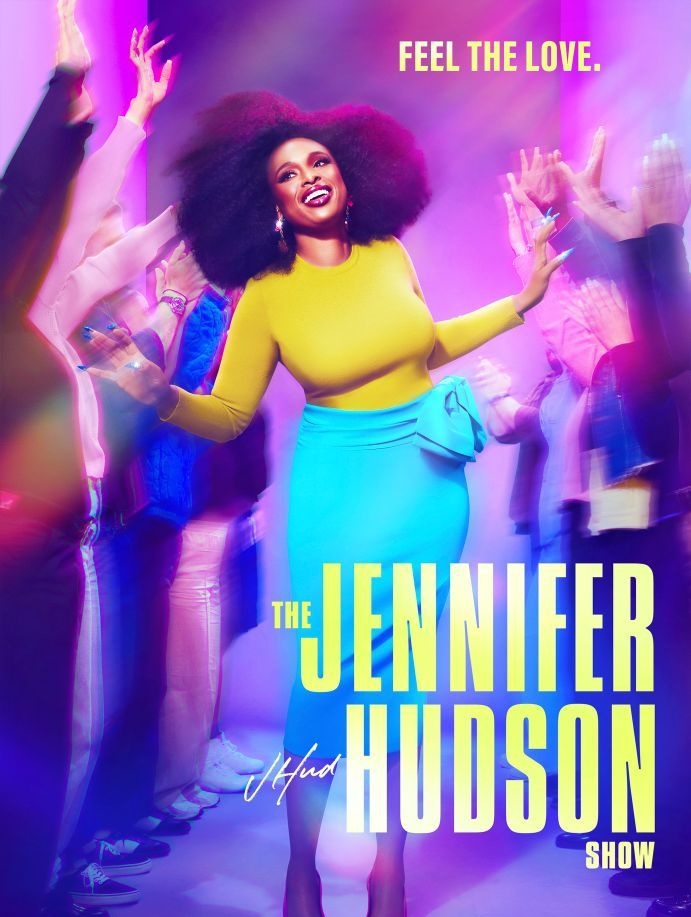
entertainment | fashion & lifestyle | culture | BY Walter Sena | February 20th, 2026
The Jennifer Hudson Show Renews for Fifth Season Amid Daytime TV Shake‑Up
In a major vote of confidence for the daytime talk show landscape, Fox‑owned television stations have picked up The Jennifer Hudson Show for a fifth season in 2026‑27, continuing a partnership that’s been in place since the series debuted in fall 2022. 
More Similar Videos
music,entertainment | Lerny Lomotey | October 27th, 2025
Showboy Shares His Journey From Prison To Becoming Ghana's Biggest Trapper
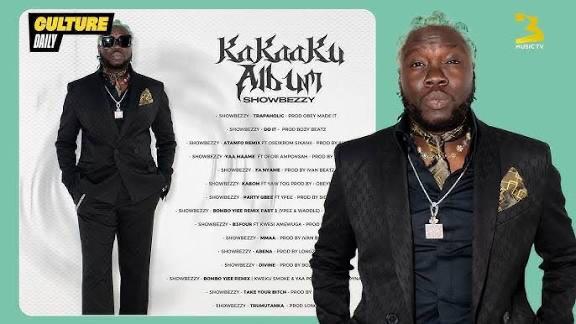
Comments